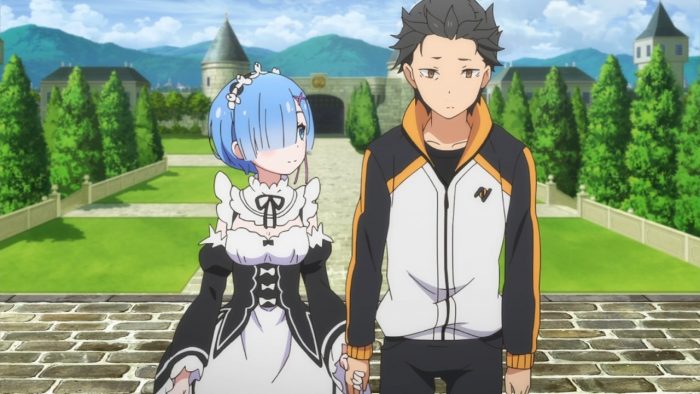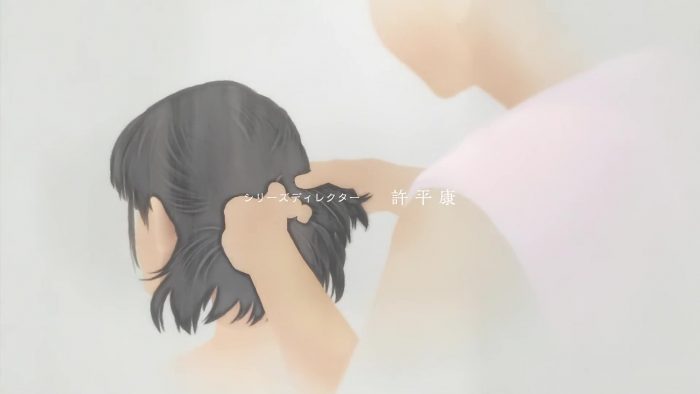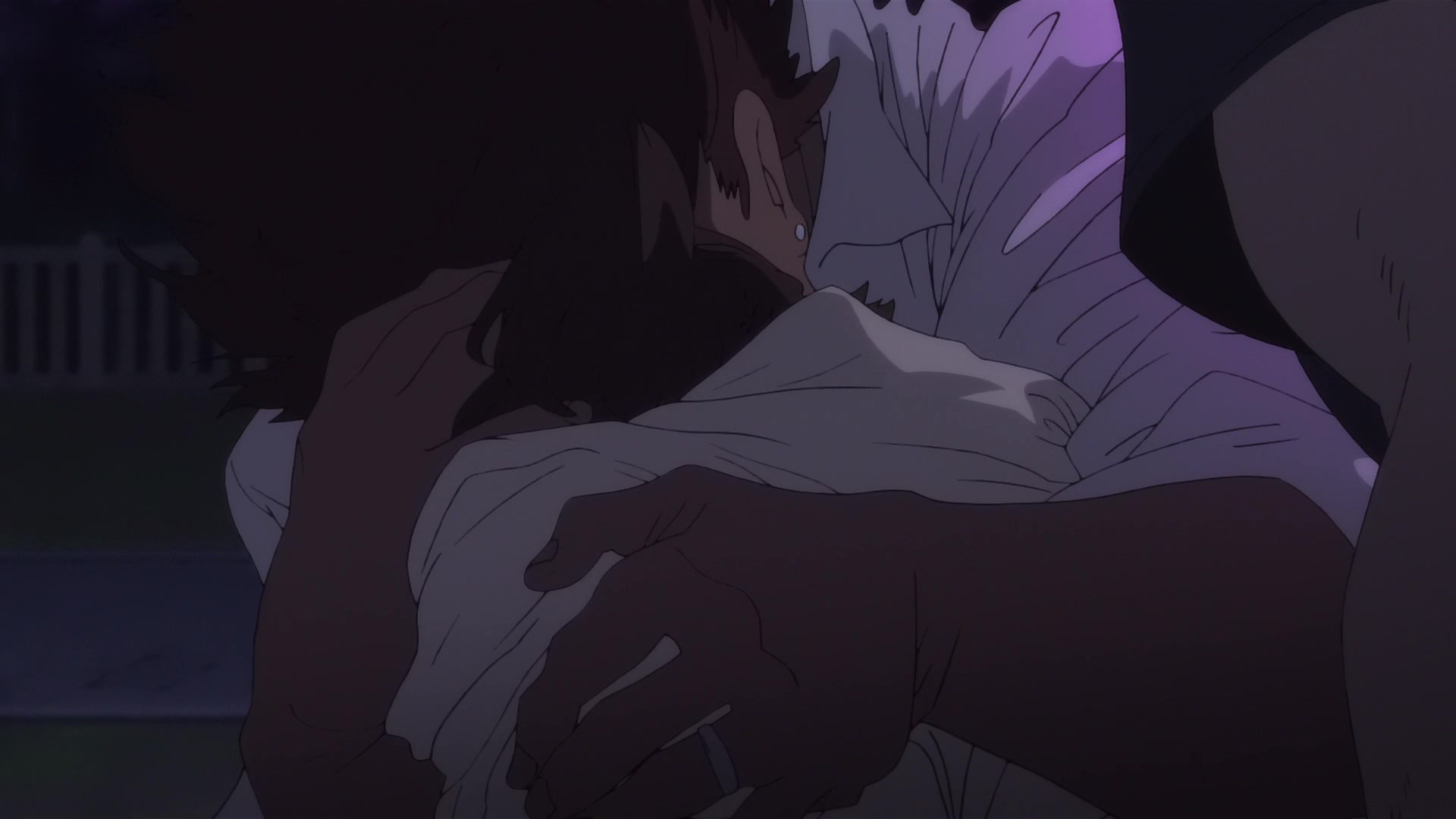A few weeks ago, I made a second attempt to watch Re:ZERO. It’s not exactly an unpopular show, so I figured that maybe the first time around it just caught me at the wrong time. People often speak about it with a sense of reverie, suggesting that it “may seem like just another isekai fantasy, but it’s actually a much deeper story than that!”. I’ve even seen it compared to Berserk, which to me is the highest praise one can laud upon an anime series, and from then on I was like, “Okay, I must’ve been wrong about this!”.
12 episodes later and…
…I dropped it, again!
At least I made it further than last time, which was half way through the first episode, but I think I’ve seen enough now to know that I’ll never get on with Re:ZERO.

My problems stem from the core aesthetic of the show: Re:ZERO is an anime made for anime fans, and it looks it. It’s about an avid gamer thrown into a fantasy world tasked with solving the problems of a conveyor belt of pretty anime girls. Sometimes they are elven princesses, other times they are maids, but one thing’s for sure, they are all cute, and they all need help. It’s knowingly iterating through a database of character types, giving them tragic backstories, and then tasking Subaru with helping them work through it all or die trying. Just like in a video game, if he dies, he has restore points from which he’s resurrected. He even comments on how it’s like a video game too, because he’s walking around using terms like NPC. I think a lot of people find this level of self awareness endearing, but it just feels artificial to me. This is transparently a story built around a series of tired anime stereotypes and drawn in a way to emphasise the innocence and daintiness of its female cast. Strong, charismatic men are a threat to Subaru’s total mediocrity, so there aren’t any. Which is to say, this isn’t like Berserk at all. But I’m not surprised that anime fans love Re:ZERO, that they have Rem for their desktop wallpapers, and figurines of Emilia. I’m also not surprised that it hasn’t garnered that same acclaim outside of anime fandom.

Anyway, I wasn’t going to bother writing about Re:ZERO, but then I started watching Japan Sinks: 2020 and it’s helped me contextualise why I like Masaaki Yuasa’s anime so much, why he’s now one of the most popular anime creators out there, and why I really didn’t like Re:ZERO. The thing is, Japan Sinks: 2020 wasn’t made for anime fans. It hasn’t been created to sell merchandise. No one will have Ayumu figurines, because no one is cute in Japan Sinks: 2020, especially the teenagers. They are frustrating, annoying and hard to watch, but I’m gripped nonetheless, because Yuasa’s default style is to reach beyond the superficial, traditional anime styles, just as his storytelling avoids anime archetypes, to create a universal aesthetic that can cross cultures.

My favourite character is Ayumu’s mother, Mari. She’s physically strong, strong enough to protect her family in the face of utter desolation, yet vulnerable enough to argue and cry with her brattish daughter. She’s an awesome person, basically, and she isn’t fetishised by the show at all. Yuasa’s aesthetic choices are somewhat restrained these days (compared to say, Kemonozume), but there’s still something of the chameleon about him and Science Saru: they build an aesthetic in service of a story as opposed to an industry, and an aesthetic that’s brave enough to be ugly if it means communicating authenticity. I’ve always loved that about Yuasa: he doesn’t make anime just for anime fans, he makes anime for everyone.

Leave a Reply